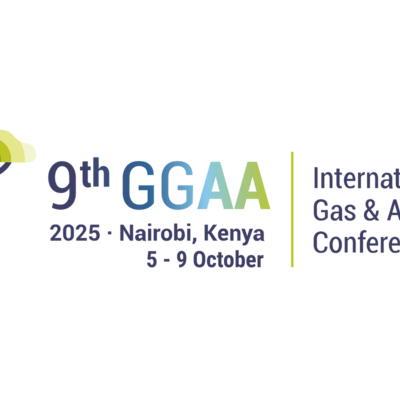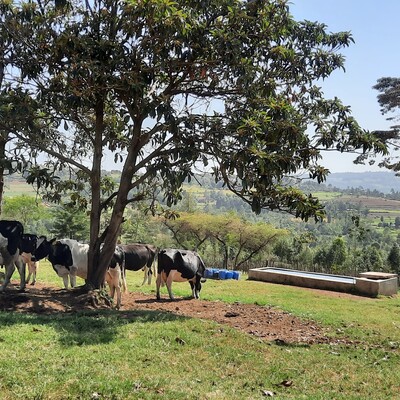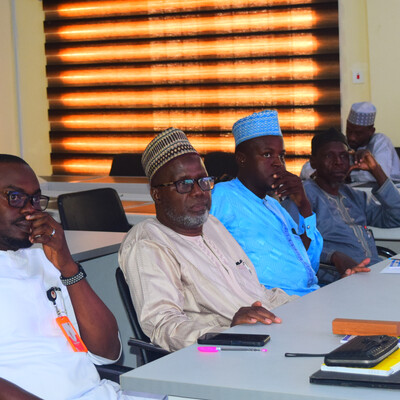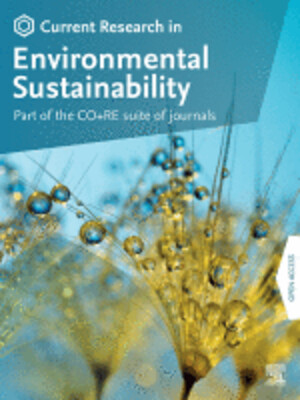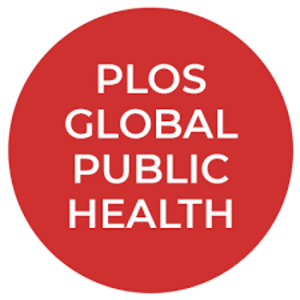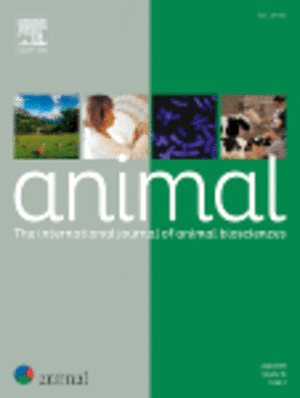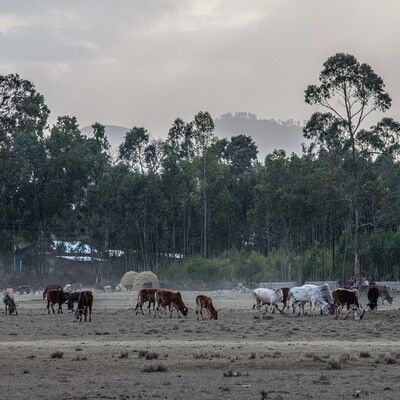
Vulnerability Assessment of the Greater Horn of Africa
Africa is the continent most vulnerable to the adverse impacts of variability and extreme events that result from climate change. On the other hand, mechanisms for coping and adapting to these adverse effects of changing climate are weak or lacking. In order to bridge this gap, the Climate Change Adaptation in Africa (CCAA) program aims to significantly improve the capacity of African people and organizations to adapt to climate change in ways that benefit the most vulnerable sectors of society.
This project intends to build on existing initiatives and past experience to establish a self-sustained, skilled body of expertise on climate change and adaptation science in Africa. So far, CCAA has now funded the first 4 research projects of this program in the greater horn of Africa. To better inform current research projects and identify priority areas for future activities and project development, we will examine the relationship between projects currently in the CCAA pipeline and link them to hotspots of vulnerability, with particular focus on key climate sectors such as agriculture, water and health. Assessments will be done with a view to mapping regional vulnerability hotspots and identifying current and future vulnerabilities and trends. This approach will examine biophysical and social vulnerability and pathways for their potential mitigation Specifically, the project will deal with:-.
- Identification and analysis of the multiple drivers of vulnerability in the GHA, and the different approaches to improving livelihoods and building adaptive capacity in relation to the current CCAA project pipeline. This will include an examination of the factors causing and exacerbating both biophysical and social vulnerability. Synthesis of the regional project will help identify areas for future project development.
- Mapping hotspots as well as severity characteristics and distribution of current vulnerability to climate change. Possible policy dimensions of social and biophysical vulnerability will be examined and recommendations made as to how these can be integrated and mainstreamed in national policy planning in the GHA.
As part of the vulnerability assessment exercise, visits will be made to collect information from key institutions that are now working on climate change and adaptation science in the following five countries: Ethiopia, Kenya, Sudan, Tanzania and Uganda. Information gathered from the vulnerability assessment exercises will be combined with survey data from the institutional visits to provide the regional context within which vulnerability can be characterised. Based on such a framework, recommendations will be made for increasing capacity to adapt to climate change. In order to support both activities, a limited amount of spatial analysis will be run for the region, in terms of being able to map out vulnerability hotspots based on national and sub-national data sets





